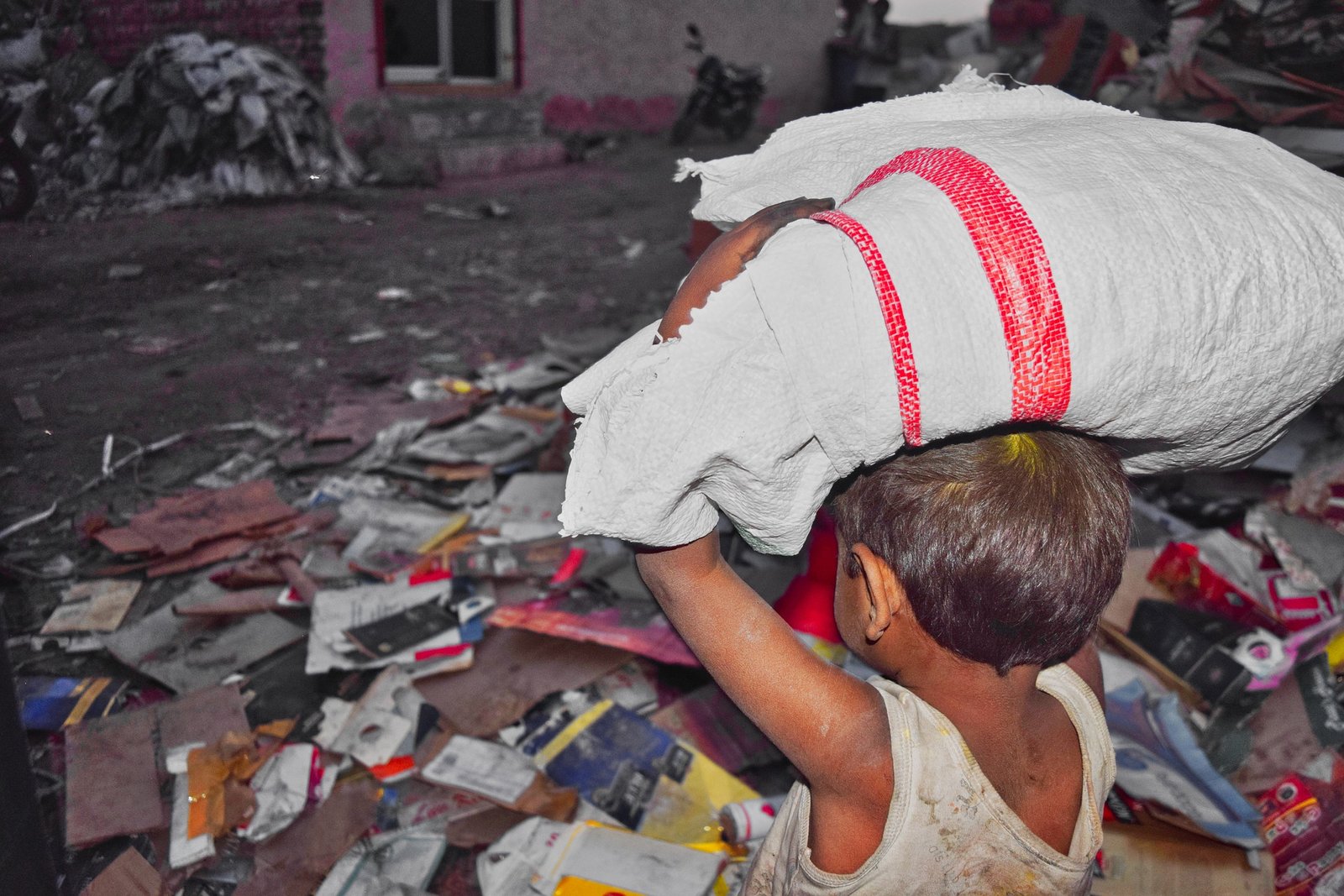Before lockdown, Sachin, a government school student, was guaranteed a nutritious meal of rice, lentils and vegetables under India’s state-run school lunch programme but amid Covid and lockdown protocols cost him access to a key source of nutrition or micronutrients.
Children like Sachin are dependent on these school lunches for their daily dietary requirements, which aimed to address India’s chronic malnutrition problem.
Today, the world is battling Covid-19 but it has put some sections of society to the brink of hunger.
According to a new UNICEF and Save the Children analysis, “The number of children living in multidimensional poverty has soared to approximately 1.2 billion due to the Covid-19 pandemic.”
This is a 15 per cent increase in the number of children living in deprivation in low- and middle-income countries or an additional 150 million children since the pandemic hit earlier this year.
“Covid-19 and the lockdown measures imposed to prevent its spread have pushed millions of children deeper into poverty,” said Henrietta Fore, UNICEF Executive Director.
“Families on the cusp of escaping poverty have been pulled back in, while others are experiencing levels of deprivation they have never seen before. Most concerningly, we are closer to the beginning of this crisis than its end,” she added.
Families on the cusp of escaping poverty have been pulled back in, while others are experiencing levels of deprivation they have never seen before. Most concerningly, we are closer to the beginning of this crisis than its end.
— Catherine Russell (@unicefchief) September 17, 2020
Today, WHO and UNICEF continue to work together to stop the Covid-19 pandemic and ensure that every woman and every child have access to the essential health services they need, including immunizations and health check-ups.
YOU MAY LIKE TO READ: COVID-19: Studies Suggest Children May Carry Higher Viral Load
Glad to sign a new Strategic Collaboration Framework with @unicefchief Henrietta Fore to start a new chapter in strengthening @WHO's joint work with @UNICEF on universal health coverage, mental health, public health emergencies, and maternal and child nutrition. #HealthForAll pic.twitter.com/1Ru8MBSm5Z
— Tedros Adhanom Ghebreyesus (@DrTedros) September 18, 2020
“This pandemic has already caused the biggest global education emergency in history, and the increase in poverty will make it very hard for the most vulnerable children and their families to make up for the loss”, said Inger Ashing, CEO of Save the Children.
“Children who lose out on education are more likely to be forced into child labour or early marriage and be trapped in a cycle of poverty for years to come. We cannot afford to let a whole generation of children become victims of this pandemic. National governments and the international community must step up to soften the blow,” she added.
YOU MAY LIKE TO READ: Covid And Children: 43% Of Schools Don’t Have Access To Water And Soap For Basic Hand-Washing, Says The UN
“We must act now to prevent additional children from being deprived in basic life needs like school, medicine, food, water and shelter. Governments must prioritize the most marginalized children and their families through the rapid expansion of social protection systems including cash transfers and child benefits, remote learning opportunities, healthcare services and school feeding. Making these critical investments now can help countries to prepare for future shocks,” said Fore.
Covid-19 and the lockdown have led to children being deprived of nutrition support, adding to the burden of families not able to meet ends due to loss of wages and looming poverty. There is a need to strengthen the existing food availability and supply along with adequate counselling on hand washing and social distancing.






